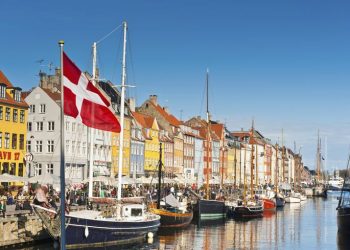Jakarta, Indonesia Sentinel — On October 2, Indonesia proudly celebrates National Batik Day, a commemoration of its rich cultural heritage. Batik, an intricate textile art, was officially recognized as one of Indonesia’s intangible cultural treasures by UNESCO on October 2, 2009. This annual celebration not only honors the legacy of batik but also fosters national pride in this globally renowned craft.
The Origins of Indonesia’s Batik Day
According to Indonesia’s Ministry of Education and Culture, the origins of National Batik Day trace back to UNESCO’s recognition of batik as an Intangible Cultural Heritage of Humanity in 2009. This historic recognition took place during the 4th Intergovernmental Committee meeting for the Safeguarding of the Intangible Cultural Heritage in Abu Dhabi on October 2, 2009.
Batik joined other significant elements of Indonesian culture, such as wayang (traditional puppetry), keris (a ceremonial dagger), noken (woven bags), and the Saman dance, on UNESCO’s prestigious list. These cultural practices are now globally recognized as essential parts of the human cultural experience.
The international introduction of batik dates back further. Indonesia’s second president, Soeharto, introduced the art of batik to the world during a United Nations conference. Following this global exposure, Indonesia officially submitted batik for UNESCO’s Intangible Cultural Heritage status on September 4, 2008, in Jakarta.
Cactus Leather Discovered, A Green Alternative to Traditional Animal Leather
On January 9, 2009, UNESCO officially accepted batik’s nomination as part of its Representative List of the Intangible Cultural Heritage of Humanity. The final confirmation came on October 2, 2009, during the Abu Dhabi conference.
A Presidential Decree and National Recognition
Following UNESCO’s acknowledgment, Indonesia’s sixth president, Susilo Bambang Yudhoyono (SBY), declared October 2 as National Batik Day through Presidential Decree No. 33 of 2009, issued on November 17, 2009. This official declaration led to a government directive encouraging public officials at the national, provincial, and district levels to wear batik on National Batik Day.
National Batik Day is more than just a symbolic commemoration. It is a day dedicated to preserving Indonesia’s national identity and strengthening unity through cultural pride. The celebration highlights batik’s increasing global recognition and serves as a reminder for Indonesians to embrace their cultural heritage with confidence.
(Raidi/Agung)

























